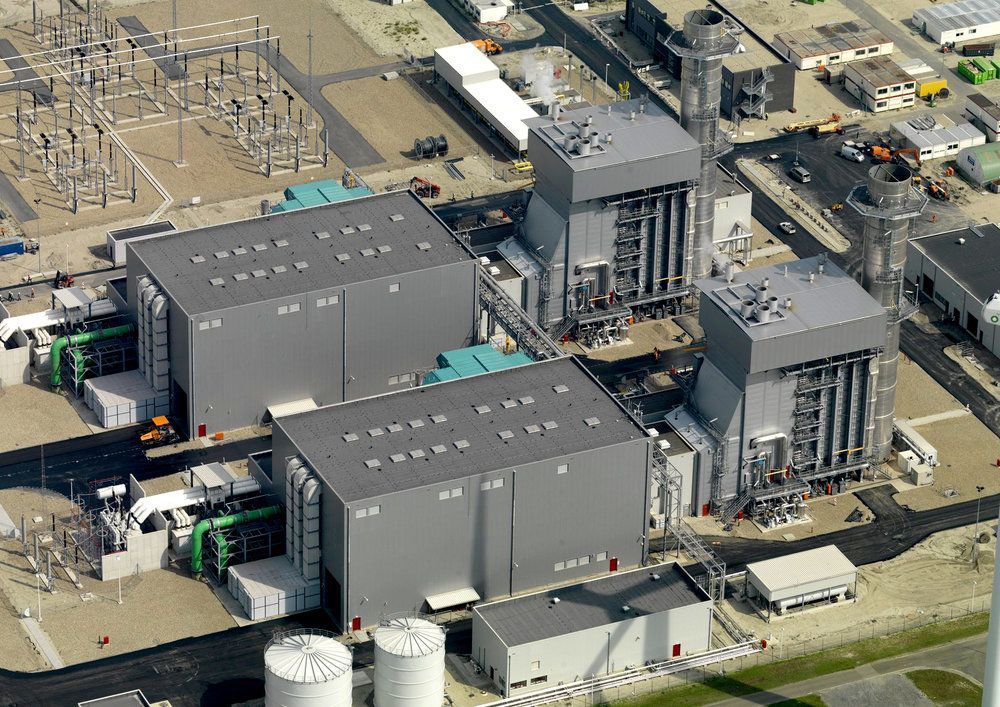The Gujarat Electricity Board (GEB) is a state-owned power utility in Gujarat, India, responsible for generating, transmitting, and distributing electricity. The GEB power plant is a crucial component of the state’s energy infrastructure, providing electricity to millions of households and businesses. In this blog, we will explore the GEB power plant and its role in meeting Gujarat’s energy needs.
GEB Power Plant
The GEB power plant is located in various regions of Gujarat and uses various fuel sources to generate electricity. The power plant uses fossil fuels such as coal, natural gas, and diesel, as well as renewable energy sources such as solar and wind. The GEB power plant has a total installed capacity of over 20,000 MW, making it one of the largest power plants in India.
Benefits of GEB Power Plant
The GEB power plant offers several benefits to Gujarat and its residents. Here are some of the key benefits of the GEB power plant:
- Meeting Energy Demands: The GEB power plant generates a significant amount of electricity, meeting the energy demands of Gujarat’s residents and businesses.
- Reliability: The GEB power plant provides a reliable source of electricity, reducing the risk of power outages and ensuring uninterrupted power supply.
- Job Creation: The power plant creates jobs in areas such as engineering, construction, and operations, providing employment opportunities for local residents.
- Economic Growth: The power plant contributes to the state’s economic growth by powering businesses and industries, attracting investments, and boosting local economies.
Challenges and Mitigation Measures
The GEB power plant also faces several challenges and concerns, such as environmental impacts and health hazards. The power plant emits pollutants such as sulfur dioxide, nitrogen oxide, and particulate matter, which can harm human health and the environment. However, GEB has taken several mitigation measures to reduce the environmental impact of the power plant, such as installing pollution control equipment and using cleaner fuels. Additionally, GEB is investing in renewable energy sources such as solar and wind to reduce its dependence on fossil fuels and reduce its carbon footprint.
Conclusion
The GEB power plant is a critical component of Gujarat’s energy infrastructure, providing reliable and affordable electricity to millions of residents and businesses. While the power plant faces environmental and health concerns, GEB is taking measures to mitigate these impacts and invest in renewable energy sources. By ensuring the safe and sustainable operation of the GEB power plant, Gujarat can meet its energy demands, foster economic growth, and promote a better quality of life for its residents.

